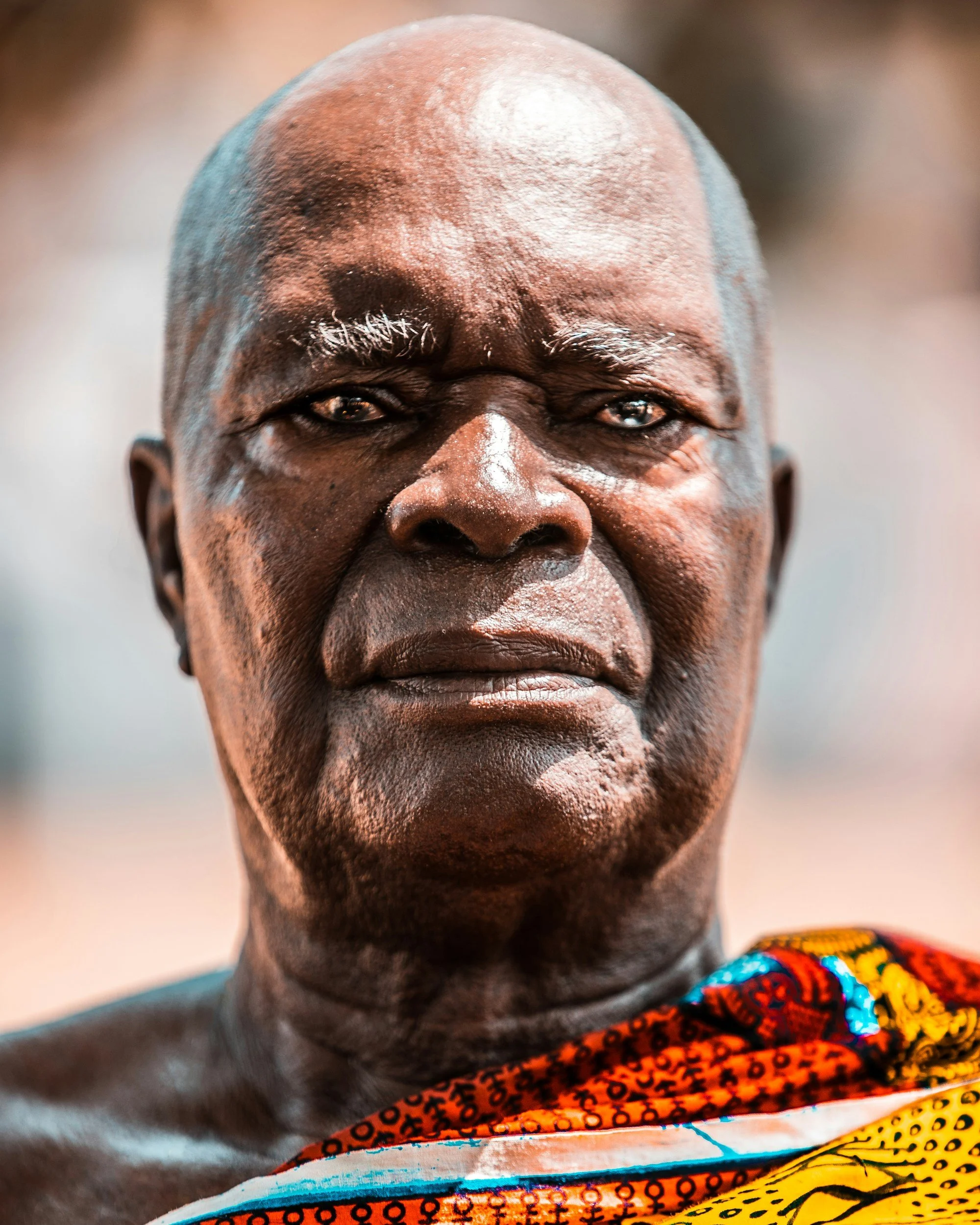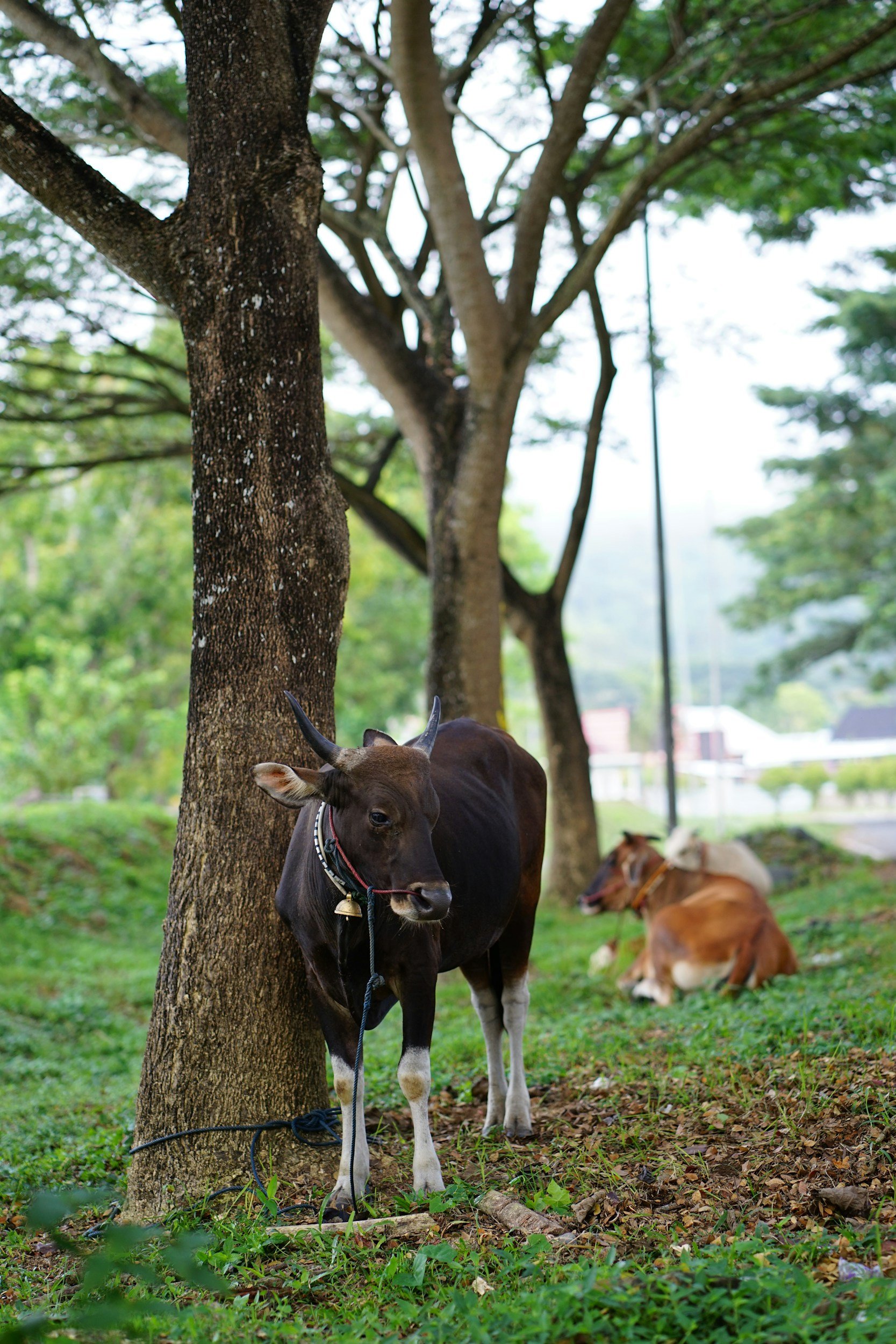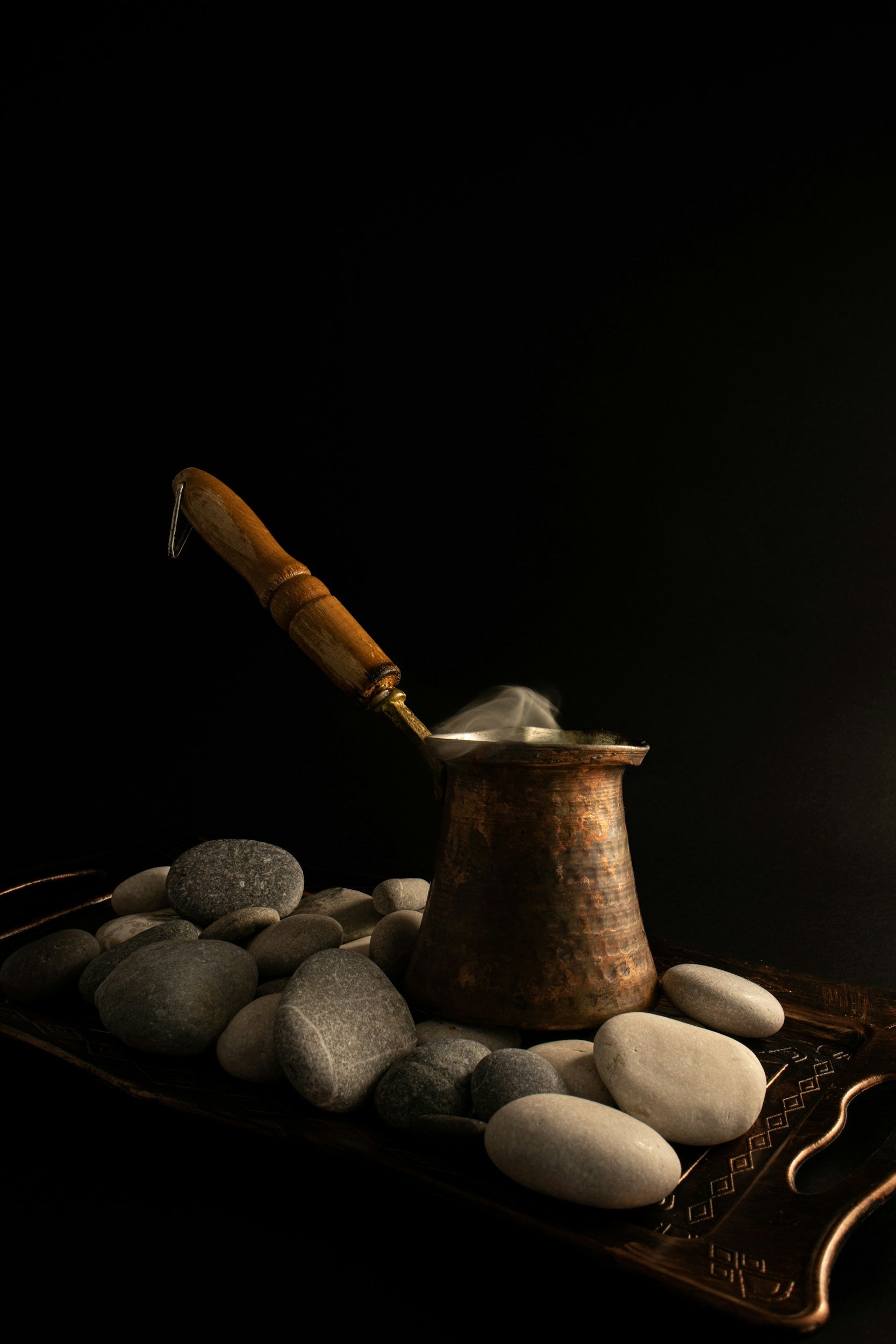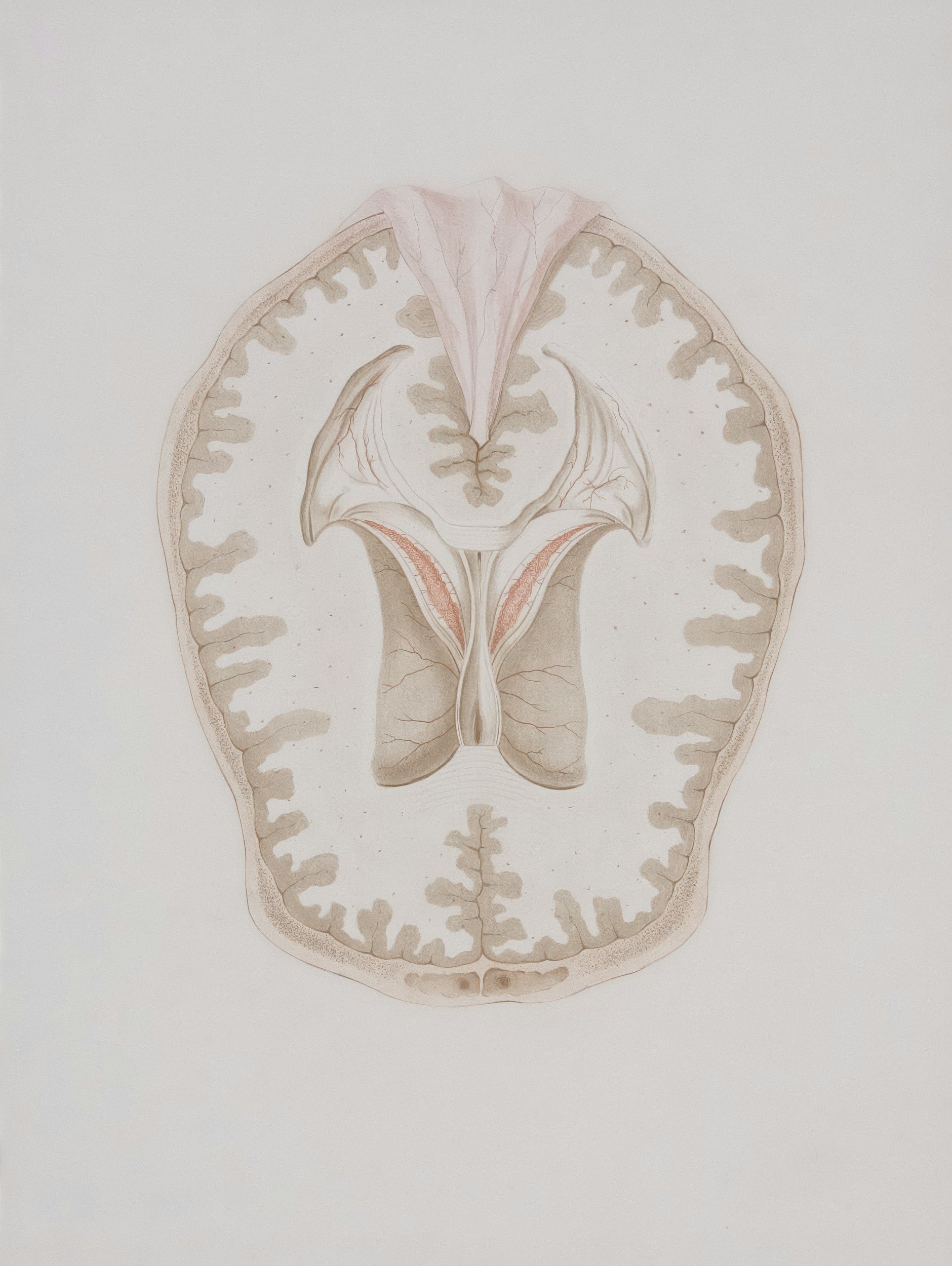7 Things a Dibia or Spiritually Ordained Person Must Avoid to Stay Aligned with Their Agwu
In Igbo spirituality, a Dibia or a person ordained in spiritual matters holds a sacred position as a mediator between the physical and spiritual worlds. The connection to (Nne)Agwu, the spiritual force linked to wisdom, purpose, and consciousness, is essential for a Dibia to function effectively in their role. To maintain alignment with (Nne)Agwu, there are specific prohibitions and guidelines that must be adhered to. These actions and behaviors ensure that the spiritual power of the Dibia remains pure, potent, and aligned with the divine.
7 Things a Dibia Must Avoid to Stay Aligned with Their Agwu
Not Charging Excessive Fees in Inappropriate Cases: One of the key principles for a Dibia is to maintain integrity and fairness, especially when it comes to the exchange of spiritual services for money. Charging excessive fees, especially in cases that do not warrant it, can lead to a misalignment with Agwu. Spiritual work is a calling, and exploiting others financially for spiritual services can corrupt the spiritual powers of a Dibia. It is important to assess each case with fairness and compassion, to ensure that monetary gain does not overshadow the spiritual purpose. This does not in any way imply that Dibias should not charge for services, it only means fairness must be prioritized.
Preparing Medicines According to Agwu’s Directives: In the practice of traditional medicine, it is very important for a Dibia to prepare and administer medicines according to the specific directives of Agwu. This means following traditional methods, using the appropriate ingredients, and respecting the spiritual protocols involved in the preparation process. Deviation from these directives can result in the ineffectiveness of the medicine and can also anger their Agwu, which can lead to spiritual consequences for the Dibia.
Listening and Following Appropriate Instructions: A Dibia must be attuned to the instructions of Agwu and other spiritual entities they work with. This involves active listening (or meditation), being receptive to spiritual guidance, and carrying out instructions with precision. Ignoring or misinterpreting these instructions can lead to spiritual misalignment and potentially harm the Dibia or those they are helping. It is a fundamental duty of a Dibia to remain vigilant and obedient to the guidance they receive.
Petitioning to Agwu with Appropriate Rites: When petitioning or making offerings to Agwu, it is essential to do so with the appropriate rites and rituals. Neglecting these rituals, or performing them incorrectly, can offend Agwu and weaken the Dibia’s spiritual connection. Proper rites ensure that the Dibia remains in favor with Agwu and that their petitions are heard and acted upon.
Avoiding Stinginess and Practicing Compassion: A Dibia must embody compassion and generosity, as these qualities are essential for maintaining a strong connection with Agwu. Being stingy, whether in material or spiritual resources, can block the flow of spiritual energy and blessings. A Dibia should be liberal in giving, whether it is through healing, advice, or material support, to ensure that they remain aligned with the benevolent forces of the universe and their Ezumezu.
Avoiding Certain Places and Situations: A Dibia must be mindful of the places they visit and the situations they involve themselves in. Specifically, they should avoid:
Funerals of Individuals with Questionable Behavior: Attending the funerals of people who were known for negative or immoral behavior in society can expose a Dibia to negative spiritual energies. It is important to avoid such environments to protect one’s spiritual purity.
Handling Healing Objects with Unwashed Hands: Healing objects, such as sacred tools and medicines, must be handled with the utmost respect and cleanliness. Defiling these objects with unwashed hands can disrupt their spiritual potency and bring about negative consequences.
Avoiding Certain Prohibitions and Ethical Violations: There are several ethical prohibitions that a Dibia must observe to maintain their spiritual integrity. These include:
Not Using Healing Powers Unduly Against Others: The spiritual powers of a Dibia are meant for healing, protection, and positive transformation. Using these powers to harm others, whether out of malice or for personal gain, is strictly forbidden. Such actions can lead to severe spiritual repercussions and a loss of alignment with Agwu.
Avoiding Sexual Relations with Patients or Taking Another’s Spouse: Engaging in sexual relations with patients or taking someone else's spouse violates the sacred trust placed in a Dibia. Such actions can corrupt the spiritual purity required for their work and can sever the connection with Agwu.
Not Sleeping with a Menstruating Person: Menstrual blood is considered a powerful substance in Igbo spirituality, with the capacity to neutralize spiritual forces. Sleeping with a menstruating person during their menstrual period can disrupt a Dibia's spiritual alignment and diminish their powers.
Final Thoughts
Being a Dibia is not a role to envy; it is a lifelong commitment that requires strict adherence to spiritual principles and ethical guidelines. A Dibia or spiritually ordained person can maintain their alignment with (Nne)Agwu and fulfill their purpose as a healer and spiritual guide by avoiding these prohibitions and following the path of integrity, compassion, and spiritual discipline. The relationship between a Dibia and (Nne)Agwu is sacred, and it is through this relationship that the Dibia derives their power, wisdom, and ability to serve their community effectively.
Recommended Resources:
'Ara' Explained - Psychology in Ancient Igbo Culture | Medicine Shell (YouTube)
Agwu The Arushi of Wisdom - Igbo Mythology (afa, medicine, universal mind, madness) | Medicine Shell (YouTube)
“Ancient Dibia” by Nnedi Okonnachi-Obasi | Odinani: The Sacred Arts & Sciences of the Igbo People (Poem)
The Origins of Ụmụ Agbara Agwụ and the Cult of Agwụ Tutelary Entities on Ọdịnala | Odinani: The Sacred Arts & Sciences of the Igbo People (Article)





























